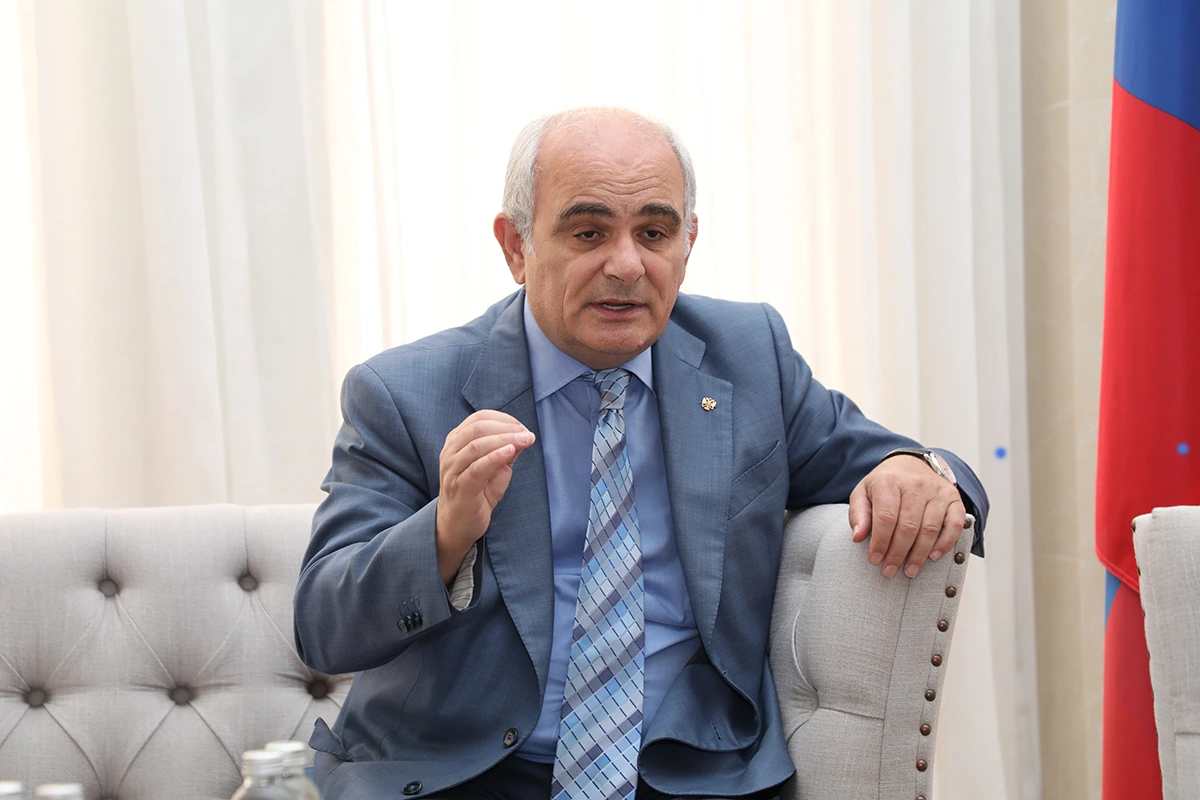In the fast-paced world of global business, leadership decisions can make or break a company overnight. A recent saga at Starbucks offers a striking case study that resonates with entrepreneurs and business leaders everywhere including here in Sri Lanka, where emerging markets demand both innovation and execution.
The move has sparked a conversation about the perils of appointing advisors to lead companies, a lesson underscored by a staggering $30 billion market cap swing.
The Starbucks CEO Turnover: A $30B Pivot
On August 13, 2024, Starbucks made headlines when it ousted its CEO, Laxman Narasimhan, after just 17 months. Narasimhan, a veteran McKinsey consultant with a robust background in advising founders, stepped into the role with high expectations. However, his tenure coincided with declining sales and a reported $30 billion drop in Starbucks’ market capitalization, according to Bloomberg.
The decision to replace him with Brian Niccol, the former CEO of Taco Bell and Chipotle, triggered an immediate market response: a 25% stock surge, adding over $20 billion to the company’s value in a single day. Djajic’s post succinctly captures the irony: “Guy spent his career advising founders how to build companies, but never built one himself. 17 months later, he’s gone. They bring in the Taco Bell CEO… and the market cap jumps $20B overnight.”
This narrative has ignited a broader discussion about the value of operational experience versus theoretical expertise.
The McKinsey Consultant Conundrum
Narasimhan’s resume is impressive 19 years at McKinsey, a mechanical engineering degree from the College of Engineering, Pune, and an MBA from Wharton. Yet, his lack of hands-on CEO experience in a consumer-facing business proved a critical gap. As one X user, Stanley Wei, quipped, “McKinsey consultants are great CEO candidates for companies that want to go to zero fast.” This reflects a growing sentiment that advisory roles, while invaluable for strategy, don’t always translate to the gritty realities of running a company.
Starbucks’ struggles under Narasimhan included operational missteps and an inability to stem declining sales, a challenge that required more than theoretical insights. His ousting, as reported by Forbes with the headline “Starbucks CEO Is Tossed Out Like A Poorly Made Latte,” symbolized a market rejection of leadership detached from execution.
Enter Brian Niccol: A Leader with Proven Results
In contrast, Brian Niccol brought a track record of turning around brands. His leadership at Taco Bell revitalized the chain, and at Chipotle, he steered the company to new heights, as noted in a How Leaders Lead interview. His appointment was met with enthusiasm, with the market signaling confidence in his operational expertise. Djajic’s follow-up comment, “He’s done good stuff since he joined,” aligns with early indicators of recovery at Starbucks.
Niccol’s approach emphasizing team engagement and listening, as highlighted in leadership profiles offers a blueprint for CEOs. This hands-on style contrasts sharply with the advisory mindset, where guidance is offered without the burden of accountability.
A Lesson for Entrepreneurs
The Starbucks turnaround saga holds valuable lessons for Sri Lankan businesses and global startups alike.
As one social media user commented “Only listen to those who have done it themselves.”
This resonates in a market like Sri Lanka, where small and medium enterprises (SMEs) often rely on consultants for growth strategies. While advisors can provide critical insights, the post suggests that leadership roles demand individuals who have weathered the operational storm.
The consensus on X leans toward hybrid leadership combining best practices with operational experience, as Josh Bobrowsky (@JoshBobrowsky) put it: “To be a great CEO you need to study best practices but have operational experience.”
Market Reactions vs. Long-Term Success
One X user, Hani Zek (@dathuny77039), raised a valid point: “Market cap jumps $20B overnight is not really a sign of a great CEO, is it? Just the market reacting.”
Indeed, while Niccol’s appointment sparked an immediate rally, true success will depend on sustained performance. For now, his early moves suggest a promising start, but the Starbucks story reminds us that market sentiment can be fickle.
Takeaways for LankaBiz Readers
For Sri Lankan entrepreneurs, this case underscores the importance of aligning leadership with operational realities. Whether you’re scaling a tech startup in Colombo or managing a tea export business, consider:
- Hire for Experience: Seek leaders who have navigated the challenges you face.
- Leverage Advisors Wisely: Use consultants for strategy, but pair them with executors.
- Focus on Execution: In a competitive market, ideas alone won’t suffice—delivery is key.
As Starbucks navigates its next chapter under Niccol, the $30 billion lesson lingers: running a company is harder than advising one. For businesses in Sri Lanka and beyond, this is a call to prioritize leaders who can brew success from the ground up.





